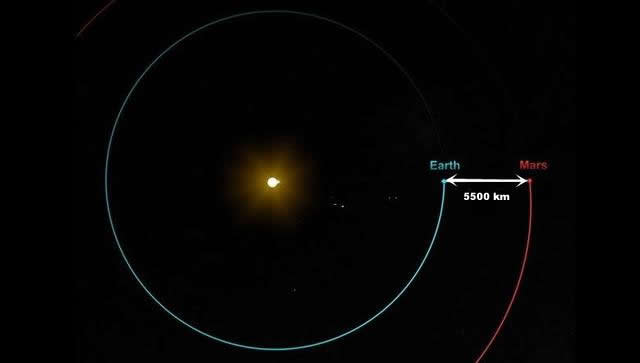In the vast universe, the earth is as small as a speck of dust, but of course mankind is not willing to stay on earth.
Even though venus orbits closest to earth, the atmospheric pressure on its surface is 92 times higher than on earth and the temperature is nearly 500 degrees celsius, so even human probes would not last long in such a harsh natural environment, let alone humans. -mars.
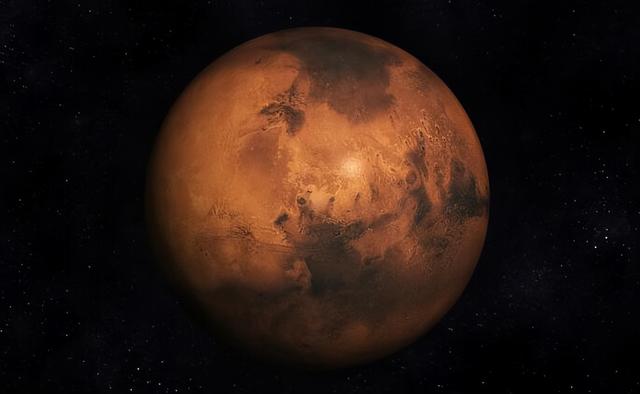
Of all the known rocky planets in our solar system, mars is the most similar to earth in terms of its natural environment, with data showing that it also has an atmosphere, four seasons of the year, and even a rotation period similar to that of earth.
Although the martian atmosphere is thin and almost devoid of oxygen, and the average surface temperature is much lower than on earth, humans can still go for a walk around mars under the protection of an astronaut suit. So how long would it take for humans to get to mars? Let's start by looking at how far mars is from earth.
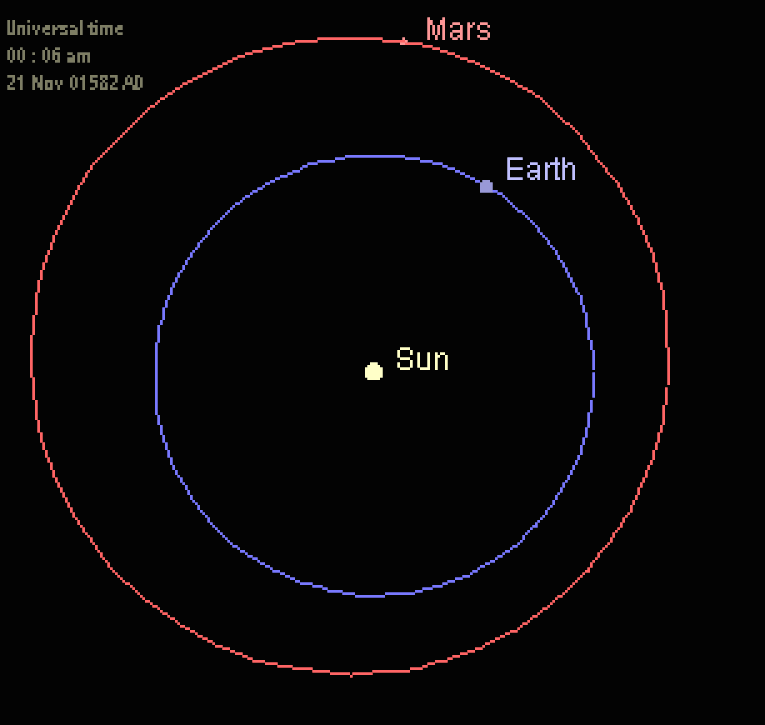
As shown above, the distance between mars and the earth is not fixed during its revolution around the sun, the farthest distance is about 400 million kilometres and the closest is only about 55 million kilometres, so it is best for humans to land on mars when it is closest to the earth, although this timing is not common and only occurs about once every 26 months, which is also known as the " Launch window".
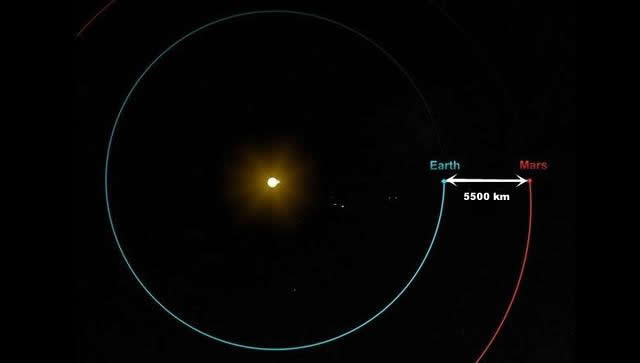
Theoretically, it takes the shortest time for a spacecraft to fly in a straight line to mars, yet we all know that none of the many probes that have been launched to mars have done so, so why don't probes fly in a straight line to mars?
The simple answer is that the earth has been revolving around the sun at an average speed of about 29.8 km/s, and a spacecraft launched from earth has that speed in itself, which means that if the spacecraft wants to fly in a straight line to mars, it would need a huge amount of power to "Offset" The earth's rotation speed, and with this "Offset", the spacecraft would have to use its own power to directly counter the gravitational pull of the sun, which is simply not possible with the current human propulsion system.
In fact, we do not have to "Counteract" The earth's rotation speed at all; once the spacecraft has entered near-earth orbit, it is only necessary to add some additional speed to the earth's rotation speed in order to "Lift" The apogee of its orbit to that of mars. In this case, the mission from earth to mars can be accomplished with a calculated "Lead time".
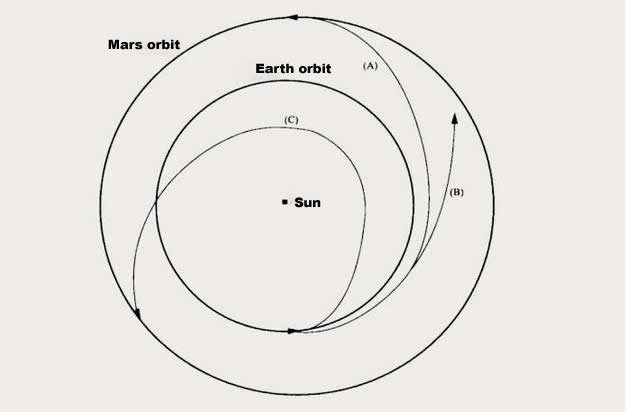
The diagram above shows the three possible routes to mars, of which routes a, b and c are referred to as "Homan transfer orbit", "Fast hopping" And "Dashing" Respectively.
Of the three, the 'impulse point voyage' requires the least amount of energy, as it actually involves the spacecraft going around venus and using the planet's 'gravitational slingshot' to accelerate itself, but it is also the most time consuming, as it would take over a year to fly to mars on this route. It would take more than a year to reach mars on this route, which is clearly unsuitable for manned flight.
The other two routes are also known as "Earth-fire transfer orbits", of which the "Hohmann transfer orbit" Is the most fuel-efficient, requiring only 3.3 km/sec increments of speed for a spacecraft to reach mars from near-earth orbit, although however, this route would also take longer, taking around 250 days to reach mars.
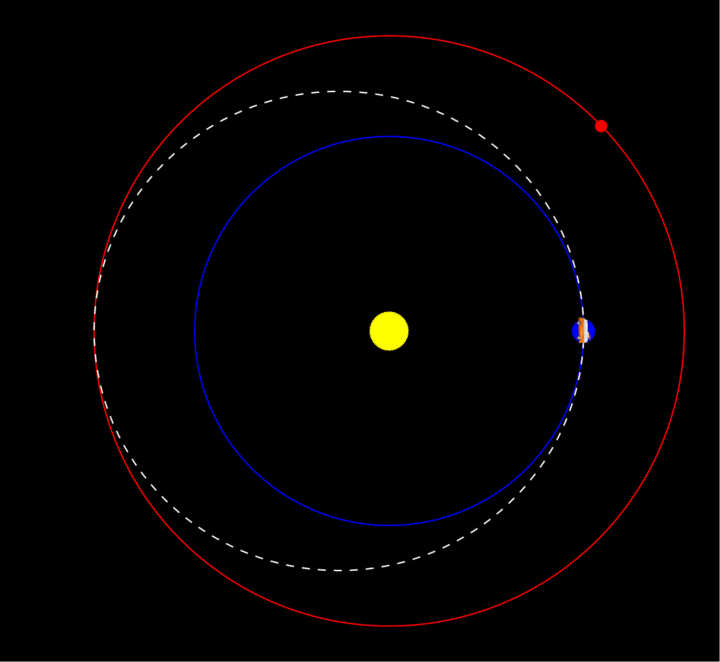
If the spacecraft's propulsion system can provide higher speed increments, then a "Fast merge" Can be used, and the greater the speed increment, the shorter the time to mars. The time to mars would be about 180 days.
If humans want to go to mars themselves, they should try to shorten the flight time to mars, so they should use "Fast coincidence navigation", and with the current human technology, chemical rockets are still the preferred propulsion system, but the specific impulse of chemical rockets can only reach at most 400 seconds, which means that the power that chemical rockets can provide is very limited. The specific impulse of a chemical rocket can only reach a maximum of 400+ seconds, which means that the power it can provide is very limited.
(the "Specific impulse" Is a physical parameter that measures the efficiency of a rocket engine, and refers to the amount of impulse produced per unit of propellant, measured in seconds. (the propellant can produce a continuous thrust of 1 kg for more than 400 seconds)
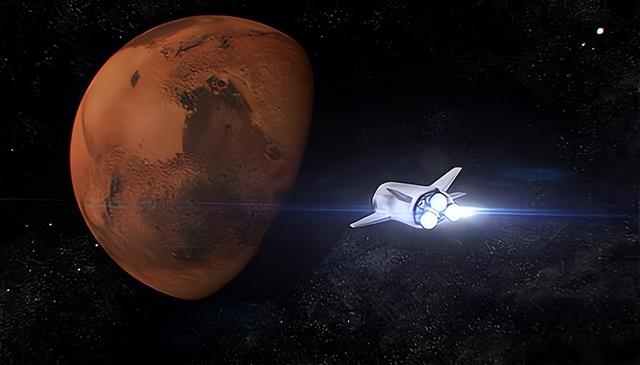
On top of this, the relatively large payload of a manned spacecraft needs to be taken into account, so scientists estimate that with current human technology it would take at least 200 days for a manned spacecraft to fly to mars. As you can see, 200 days is still a very long time for humans, and this is an important reason why humans have delayed going to mars themselves.


